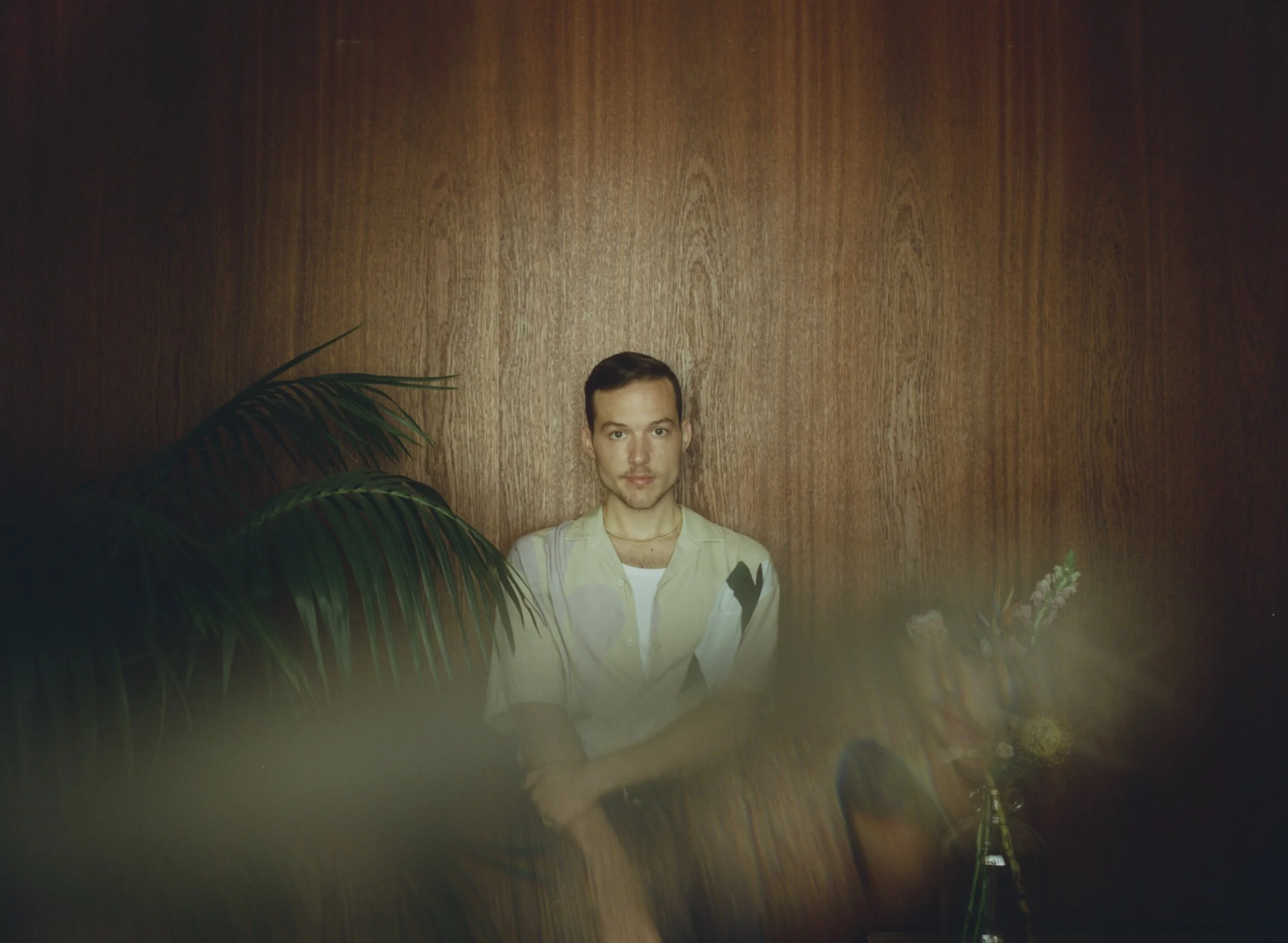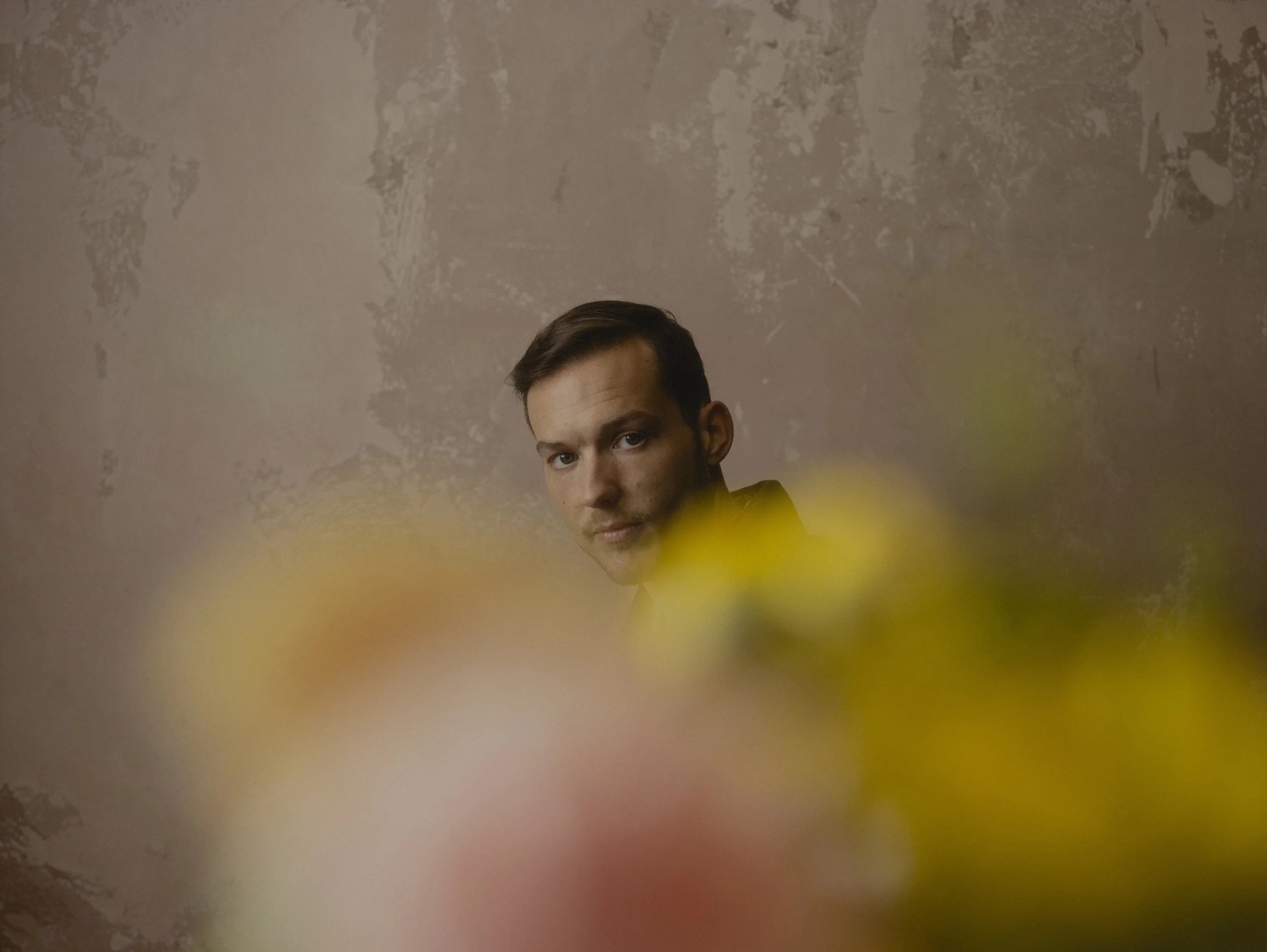Ben Böhmer on minimalism, nature & his latest record, Bloom.
Ben Böhmer | Best Life (feat. JONAH)
Composer and producer Ben Böhmer, originally from Göttingen, Germany, has quietly become one of the most compelling voices in electronic music today. His sound—immersive, emotive, and unmistakably his own—has struck a chord with listeners around the globe. Classically trained as a pianist, Ben’s early years in music laid the groundwork for the intricate, narrative-driven tracks he now creates, allowing him to blend the technical with the deeply personal.
From the release of his debut album Breathing to the critically praised Start Over, Ben has steadily built a loyal following of fans. His work, characterised by atmospheric soundscapes and emotional depth, often draws from his own life experiences, making each track feel like a window into his world. But it’s his latest project, Bloom, that signals a turning point in his creative output. This album isn’t just another release for Böhmer—it’s a statement, a bold reassertion of his artistic identity and a return to the roots of improvisation that first inspired him.
In our conversation, the composer and producer reflects on the journey to Bloom, sharing how nearly 200 live shows in a year led to a disconnect from his creative voice. Faced with the pressure to create a "functional" dance album for big stages, he pivoted, refocusing on what mattered most: the music. The result is a diverse, adventurous album that blends styles and tempos, showcasing his growth while remaining true to his roots.
You are known to throw yourself in a single idea in the studio for days at a time. What keeps you focused, and how do you know when a piece has reached its potential?
For me, every song has to feel like it’s the best thing I’ve ever written at that moment. That feeling is what pulls me into a flow state, where everything starts to click, and the ideas will naturally evolve. It’s like the track begins to tell its own story, and I can sense when that story is reaching the end. That’s usually the point when I know a song is finished—I no longer feel the urge to tweak it.
But at the same time, I often revisit tracks later, sometimes months or even years down the line. A piece that felt perfect at one point can take on new meaning with time, so the process of refining and growing with a track is ongoing.
You've often described your music as an emotional outlet. When you’re not in the studio, what else helps you process? How do you recharge yourself creatively?
Nature plays a huge role in helping me recharge and process stuff. There’s something grounding about being outdoors, especially with the silence that comes with it. Whether I’m hiking or climbing mountains, being in nature gives me that same sense of pushing boundaries and experiencing highs, much like I do in music.
“I think that simplicity has become a big part of my creative process.”
What was the idea or inspiration behind Bloom? How did you approach this album differently from your previous work?
After the long tour, I thought I needed to create a functional album to match the larger stages I was playing for. But when I tried to write with that goal in mind, I just couldn’t connect with it. It felt forced, like I was trying to meet expectations that weren’t true. I let go of that and started making music purely based on what I felt like doing, with no specific outcome in mind. That’s when Bloom took shape.
How do you balance that sense of freedom with the structure that electronic music inherently demands?
I’ve always seen electronic music not as something that imposes limits, but as a medium that enhances creativity. The structure isn’t rigid; it’s more like a flexible framework that allows for so much freedom. When I’m improvising, it’s not the framework that dictates where the music goes—it’s the improvisation itself that naturally shapes the structure. That’s what’s so exciting about Bloom. It gave me the space to explore those spontaneous ideas while still fitting within the broader, fluid boundaries that electronic music offers. It’s really about letting creativity lead, and the structure follows organically from there.
Ben Böhmer | The Sun (feat. Oh Wonder)
Bloom features collaborations with artists like Lykke Li, Oh Wonder, Erin LeCount, Max Milner, JONAH, and Enfant Sauvage. What is it about these artists that drew you to work with them?
I’ve always had such a deep admiration for the work of these artists. Each one brings something unique to the table—they’re all very indie, and that individuality resonates with me. There’s something special about merging genres, and I think Bloom is a perfect example of that. It’s not about fitting into one genre or another; it’s about creating something new together.
How does the energy of live performances influence the way you compose music today, particularly in more introspective albums like Bloom?
When I’m writing songs, especially for the most recent record, I try not to focus too much on how they’ll translate during live sets. Every venue, every crowd, brings a different energy, and it’s impossible to predict how a song will land on various stages. The music needs to hold its own, independent of where or how it’s played. However, performing live does require a certain adaptation—sometimes, the mood or tempo needs to shift slightly or blend into the atmosphere of a live setting. But at its core, what I create is music that stays true to the original feeling, and live performances are just a different way of expressing that.
Photographs: Harvey Pearson
How do you incorporate that sense of spontaneity in a studio?
It usually starts with me sitting down at the piano, playing around with ideas until something clicks—a melody, a rhythm, or a mood. That spontaneity is what drives the creative process in the early stages. Once I have something solid, the software comes into play, but more as a way to amplify those raw ideas rather than control them. The key is to use technology to enhance what I’ve already created, not to restrict or dictate the direction.
Bloom is out now via Ninja Tune & head to see his where he’s performing live.





